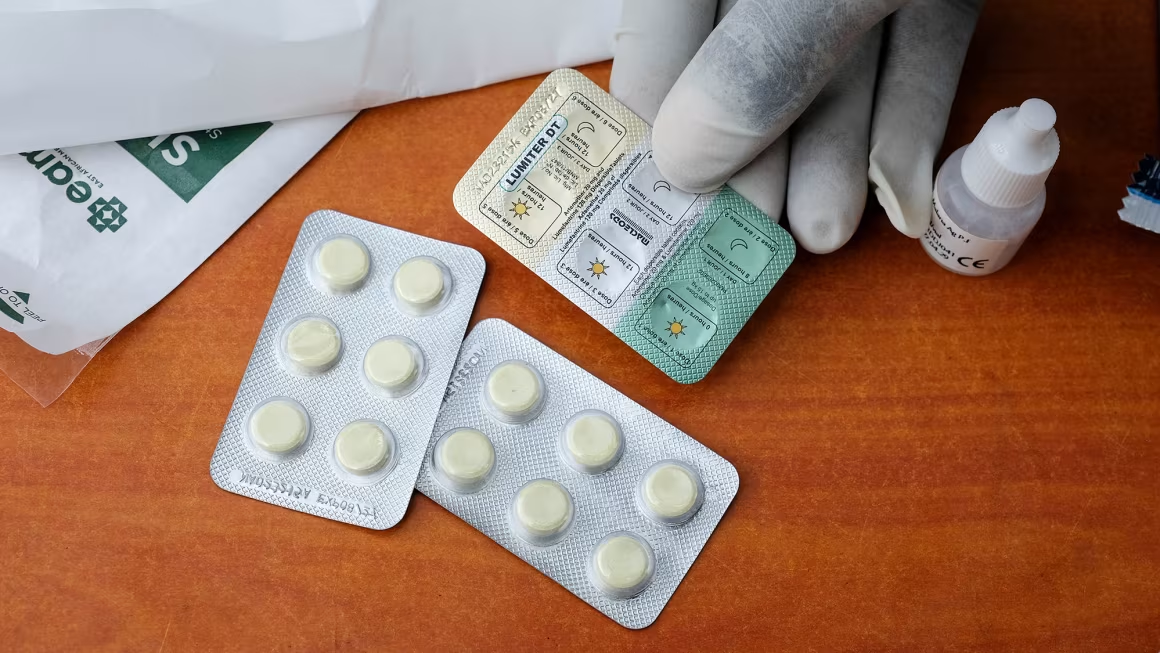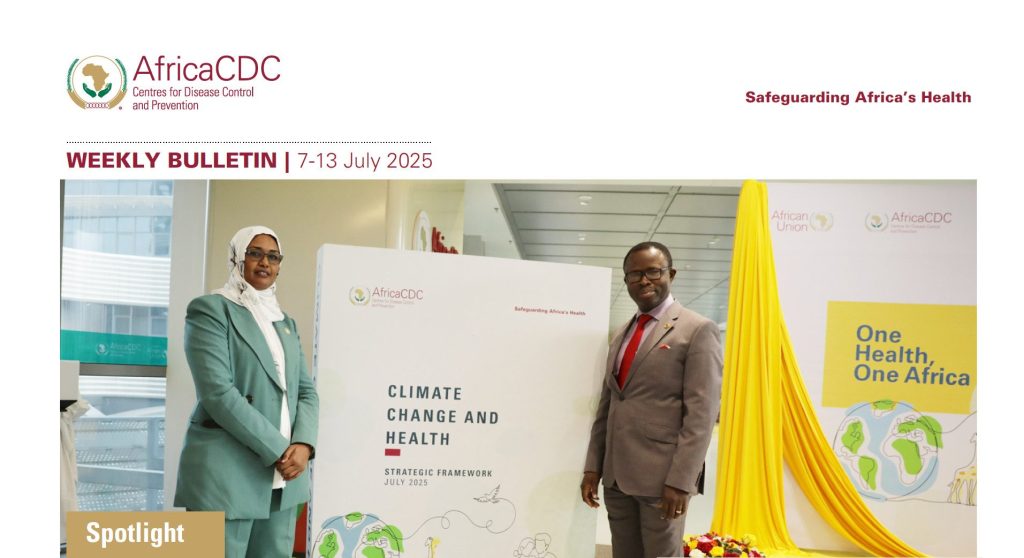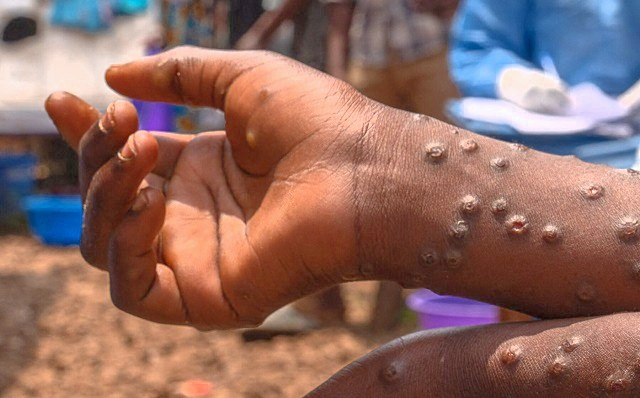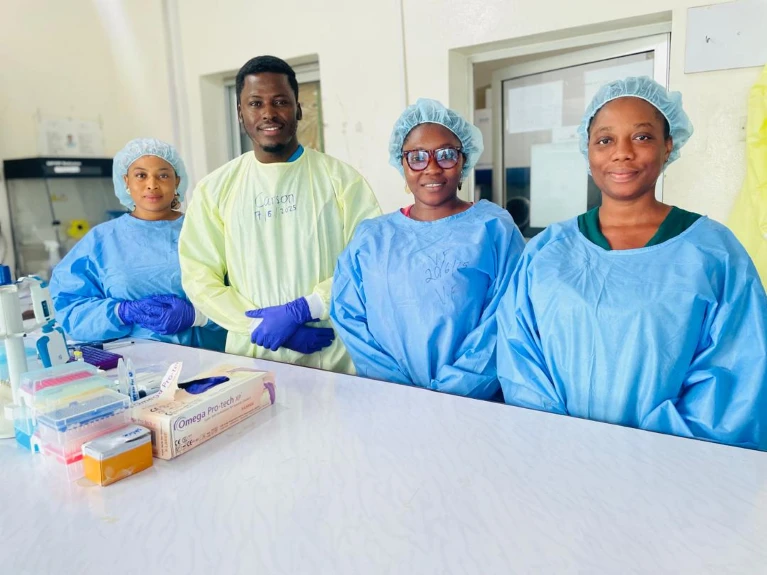News & Updates
Stay informed with our latest News on Health and Safety

News
July 17, 2025
Africa Prepares For 2025 Elections Amid Rising Focus On Safety And Security
Adam Lakhani, Security Director, Information & Analysis, Europe, Maghreb, West & Central Africa
As Africa gears up for a series of pivotal elections in 2025, including the recent ones in Gabon ...
Posted by Admin
Source: https://africa.com/africa-prepares-for-2025-elections-amid-rising-focus-on-safety-and-security/

News
July 17, 2025
First malaria drug for newborns and young infants expected to be approved in Africa within weeks
CNN — The approval of the first malaria treatment for newborns and young infants could lead to imminent widespread use in Africa, drugmaker Novartis said Tuesday.
The drug, known as Coartem Bab ...
The drug, known as Coartem Bab ...
Posted by Admin
Source: https://www.cnn.com/2025/07/09/health/malaria-drug-babies-africa-intl

News
July 17, 2025
Strengthening Africa’s Health Security through One Health
Africa CDC and the African Union – Inter-African Bureau for Animal Resources (AU-IBAR) have launched two bold strategies to counter rising health threats driven by climate change, urbanisation and z ...
Posted by Admin
Source: https://africacdc.org/news-item/africa-cdc-weekly-brief-7-13-july-2025/

News
July 2, 2025
Africa’s Mpox crisis intensifies as WHO renews global public health emergency
By Nana Karikari, Senior International Affairs and Political Analyst
The World Health Organization (WHO) has issued an urgent warning to the global community. Mpox (formerly monkeypox), remains a P ...
The World Health Organization (WHO) has issued an urgent warning to the global community. Mpox (formerly monkeypox), remains a P ...
Posted by Admin
Source: https://www.gbcghanaonline.com/features/africas-mpox/2025/

News
July 2, 2025
Insufficient testing allows Sierra Leone’s mpox outbreak to surge
More mpox diagnostic kits and a proactive approach to community testing is needed to stop Sierra Leone’s growing outbreak, researchers say.
The mpox outbreak began late last year in the small coa ...
The mpox outbreak began late last year in the small coa ...
Posted by Admin
Source: https://www.nature.com/articles/d44148-025-00197-z
